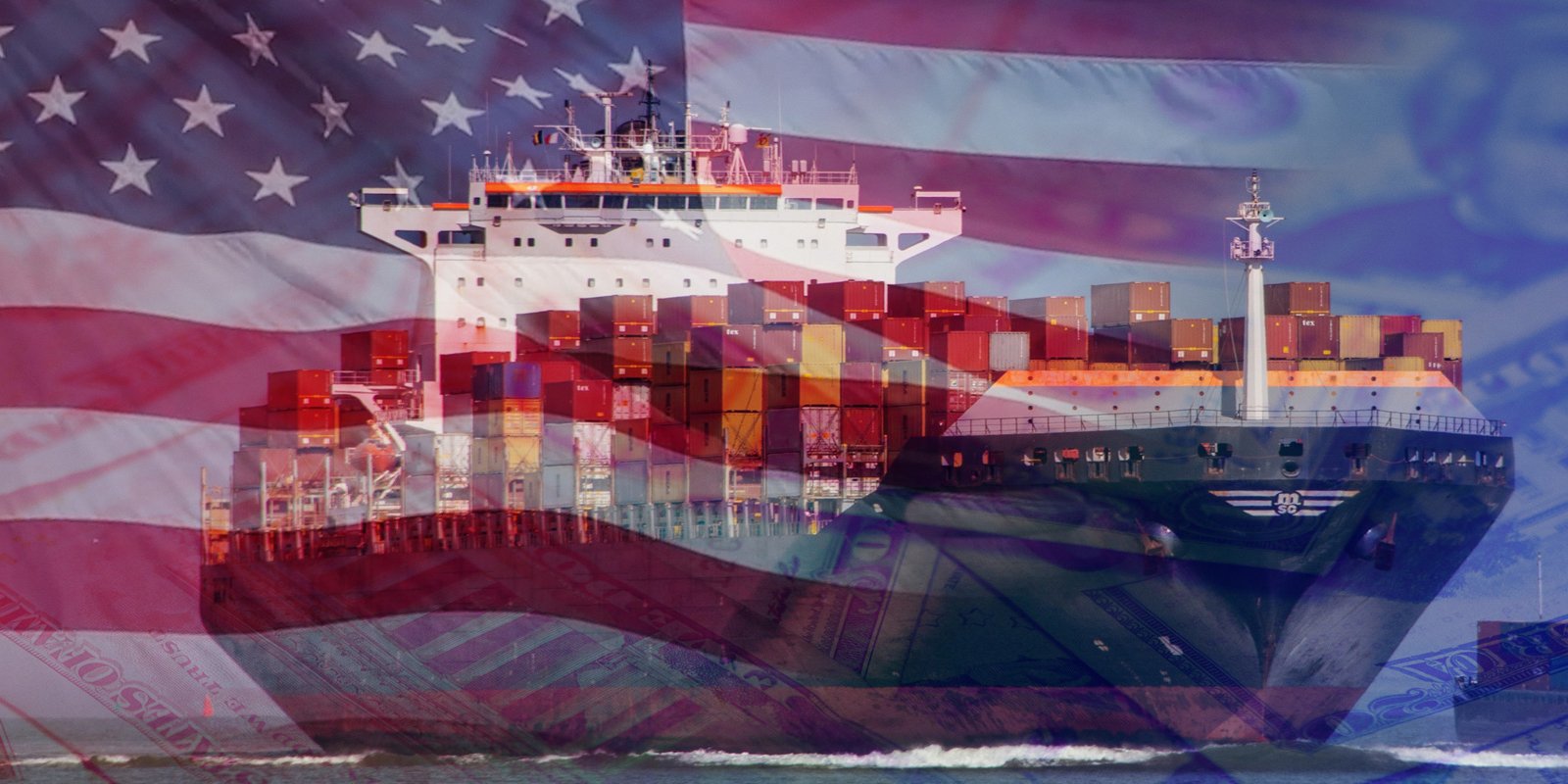
New Legislation Expected to Increase Congressional Oversight of U.S. Export Controls
In a move that will change how companies make decisions regarding sensitive technologies and products, President Trump signed into law the Maintaining American Superiority by Improving Export Control Transparency Act (the "Act") on August 19, 2025, boosting congressional oversight of sensitive technology exports and potentially shining a spotlight on transactions involving controversial counterparties.
The Act amends the Export Control Reform Act of 2018 ("ECRA") to impose new congressional reporting obligations on the U.S. Department of Commerce's Bureau of Industry and Security ("BIS"). Given the potential for a significant increase in publicity and government inquiries resulting from these reports, companies should add this factor into their calculus of when and whether to seek and rely on export authorizations.
Annual Congressional Reporting
The Act requires the Secretary of Commerce (the "Secretary") to submit a report related to items subject to the Export Administration Regulations that are exported, reexported, released, or transferred in-country to any "covered entity" (i.e., parties located in arms-embargoed countries and parties on the Entity List or Military End-User List). The report must be provided annually to the House Committee on Foreign Affairs and the Senate Committee on Banking, Housing, and Urban Affairs.
Mandatory Reporting Elements
For each transaction in the preceding year, the report must include:
- The name of the applicant seeking a license or authorization;
- A description of the items (including controlled software and technology);
- End-user name and location;
- Estimated transaction value;
- BIS decision (approved, returned without action, denied, conditionally approved); and
- Aggregate licensing and authorization statistics across all covered entities.
When drafting the report, the Secretary is directed to refrain from including information that "may jeopardize an ongoing investigation." Although the reports are confidential, and public disclosure is ordinarily limited to aggregate statistics, ECRA authorizes disclosure of specific transactions if the Secretary, or the full committee, determines that withholding such information is contrary to the national interest. Furthering Congress' intent to increase scrutiny of the application of controls on sensitive technology, the additional reporting could lead to additional congressional inquiries and potentially increase interagency reviews. Companies should consider this new potential for publicity in managing their export controls decisions.





